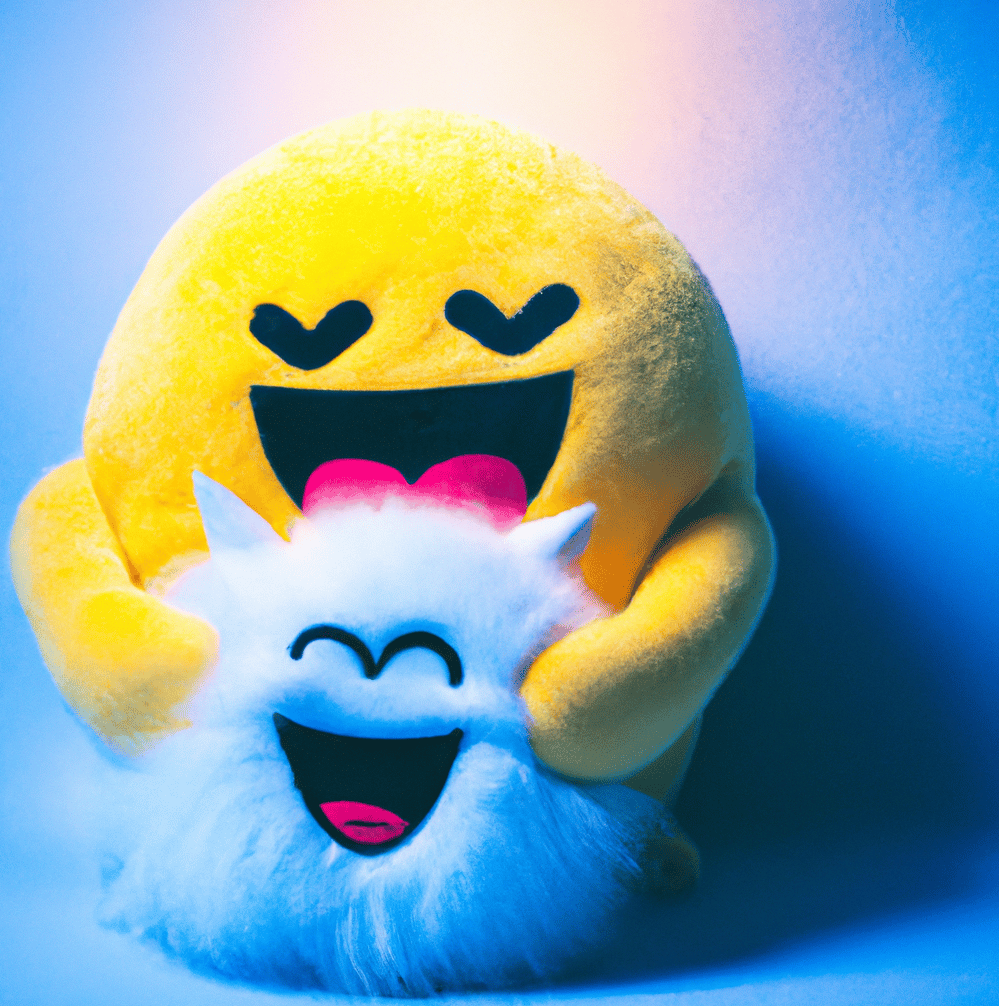A recent New Yorker article, “ChatGPT Is a Blurry JPEG of the Web,” has been making the rounds.
After sharing an anecdote about a Xerox copier with an overly aggressive compression system, author Ted Chiang constructs an analogy between ChatGPT and compression technology, comparing the AI-powered chatbot to a Photoshop-esque blur tool applied to paragraphs from the internet.
With the blurry JPEG analogy in place, the author extends it to ask, and answer, the question of whether ChatGPT is a useful tool for writers. His conclusion: No, it is not.
“Given that stipulation, can the text generated by large language models be a useful starting point for writers to build off when writing something original, whether it’s fiction or nonfiction?”
“Obviously, no one can speak for all writers, but let me make the argument that starting with a blurry copy of unoriginal work isn’t a good way to create original work.”
“The hours spent choosing the right word and rearranging sentences to better follow one another are what teach you how meaning is conveyed by prose.”
While it’s certainly true that time spent writing is what makes you a good writer, the author’s comments strike me a bit like those of a 19th-century writer arguing that the feel of the plume, the act of dipping it into the inkwell, and the need to repeatedly rewrite pages by hand during editing are all essential to the craft of writing. Such a writer might have dismissed typewriters, claiming that “real writers” would never use one.
Here’s where the article’s core analogy and argument are a miss:
- ChatGPT isn’t just lossy compression. The author overlooks an undeniably creative aspect of ChatGPT. Xerox bug notwithstanding, lossy compression is generally a one-way road to worse. ChatGPT isn’t like that. When was the last time you compressed a JPEG picture of your mom in the kitchen and opened it to find a picture of her in another world slaying dragons? Probably never; you just got a worse picture of your mom in the kitchen. But while there’s (probably) no “original” paragraph on the internet about your mom slaying dragons, I bet ChatGPT can come up with one for us.
- Human creativity is in the loop. ChatGPT is not just randomly serving up low-quality versions of paragraphs that already exist, it is creating new paragraphs a word at a time based on a prompt provided by the user. This prompt is the creative spark that gets the large language model (LLM) engine going. It discounts human ingenuity to conclude that savvy writers won’t be able to use these prompts to coax the tool into producing useful output.
- ChatGPT will evolve. The product is still only a preview, and OpenAI has already made improvements since its initial release. While some of ChatGPT’s flaws may prove insurmountable within its current architecture, the rapid advancement of generative AI technologies makes it unwise to suggest that writers ignore this tool as if it will forever be fossilized in its current state.
I am a writer. Perhaps more of a utilitarian writer than the artisanal variety contemplated by Chiang, but I do write professionally and consider it something I’m good at. I am also a ChatGPT user, having applied it to a wide variety of writing tasks since it became available.
It’s early days yet, but I already see great potential in LLMs like ChatGPT as a writing and editing partner. As is the case with most tools, it will become more useful as I become more skilled in using it, and as its capabilities and user interface improves. And in a year or two I’ll be way further ahead than those writers who heeded this article’s bad advice and sat out the first few rounds.
What do you think? Is ChatGPT a useful tool for writing? Have you already added it to your toolbox? Let me know with a reply, or join the conversation over on LinkedIn.




